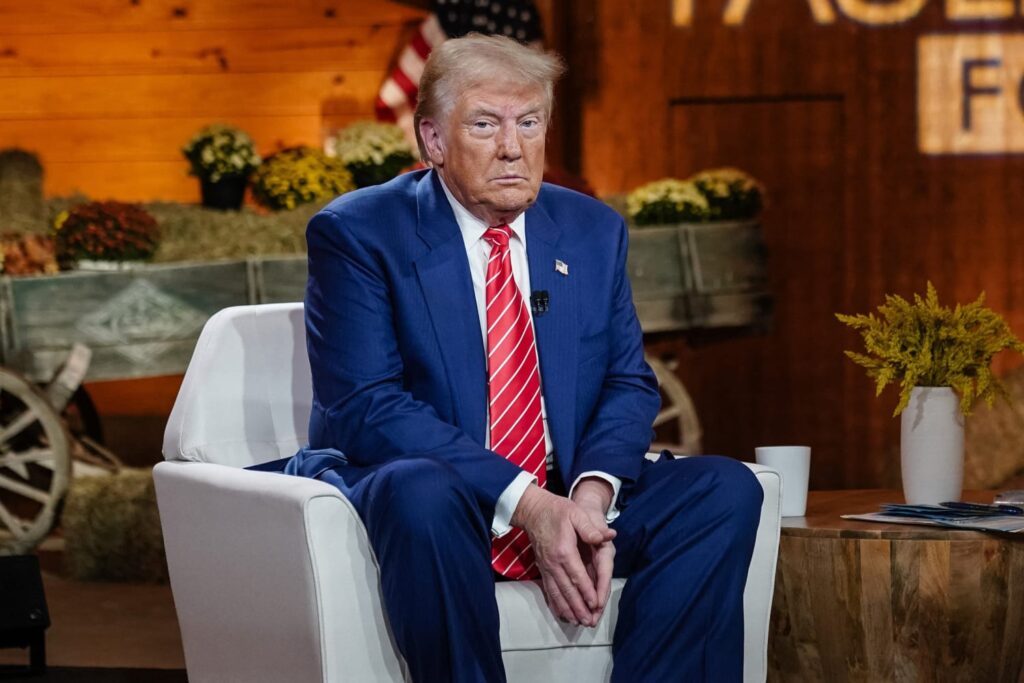President-elect Donald Trump nominated veteran investor Scott Bessent as Treasury secretary Friday, concluding a dramatic selection process that saw multiple Wall Street luminaries vie for one of the most powerful economic positions in government.

The selection of Bessent, 62, who built his career working with legendary investors George Soros and Jim Chanos before running his own hedge fund, signals a potential moderation of Trump’s aggressive trade policies while advancing his agenda of tax cuts and deregulation.
“Scott is widely respected as one of the world’s foremost international investors and geopolitical and economic strategists,” Trump announced via Truth Social, capping a week of intense speculation that saw candidates’ fortunes rise and fall daily at his Mar-a-Lago estate.
Market strategists welcomed the choice, with Oxford Economics’ Ryan Sweet noting that “Bessent has been on the side of less aggressive tariffs,” suggesting Trump’s campaign promises of steep import duties might be tempered. Bessent’s appointment follows a tradition of Wall Street veterans in the role, including former Goldman Sachs executives Robert Rubin, Hank Paulson, and Steven Mnuchin.
The South Carolina native, who correctly predicted Trump’s previous election victory and profited from related market moves, faces immediate challenges managing projected federal deficits expected to grow by nearly $8 trillion over a decade due to Trump’s planned tax cuts, including eliminating Social Security income taxation.

As Treasury secretary, Bessent would oversee the $28.6-trillion Treasury debt market, financial regulation, tax collection, and international economic relations, including sanctions policy and leadership of the G7’s economic support for Ukraine – though the latter may shift given Trump’s stated desire to end U.S. financial support for the conflict.
The nomination emerged from a rotating cast of contenders that included Apollo Global Management CEO Marc Rowan, former Federal Reserve Governor Kevin Warsh, and investor John Paulson, who withdrew citing “complex financial obligations.” Howard Lutnick, initially a leading candidate, was instead tapped to head the Commerce Department.
Bessent’s selection followed extended consultations at Mar-a-Lago, where he provided economic advice to Trump. He has advocated for tax reform and deregulation to increase bank lending and energy production, arguing in a recent Wall Street Journal piece that market reactions to Trump’s election victory reflected expectations of “higher growth, lower volatility and inflation, and a revitalized economy for all Americans.”
The Treasury nominee will inherit current Secretary Janet Yellen’s expansive portfolio, though likely diverging from her emphasis on climate change initiatives and clean energy tax credits, given Trump’s skepticism of climate change and pledge to boost fossil fuel production.
Bessent has recently distanced himself from his previously floated idea of naming a “shadow” Federal Reserve chair ahead of Jerome Powell’s term expiration in May 2026, a proposal that had raised eyebrows in financial circles.



